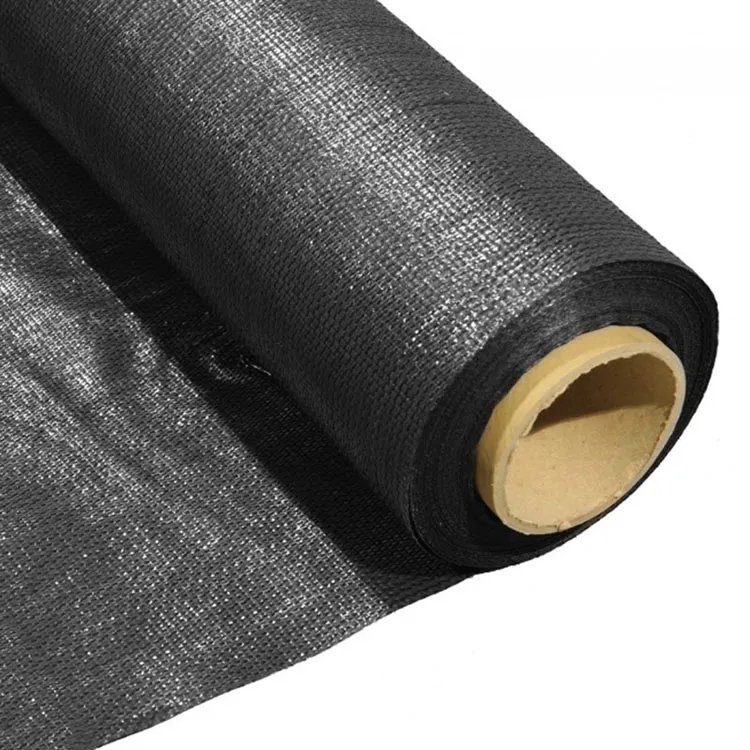The Essential Role of Filter Cloth in Industrial Filtration
2024-08-21
In many industrial processes, maintaining the purity and quality of liquids or gases is crucial. Filter cloth plays a vital role in these filtration processes, serving as a key component in equipment like filter presses, vacuum filters, and centrifugal filters. This blog explores the importance of filter cloth in industrial filtration, its various applications, and the factors that make it an indispensable material in numerous industries.

What is Filter Cloth?
Filter cloth is a specially woven fabric designed to separate solid particles from liquids or gases. Made from a variety of materials, including synthetic fibers like polyester, polypropylene, and nylon, as well as natural fibers like cotton, filter cloth is used in various filtration systems to achieve different levels of filtration efficiency.
Key Applications of Filter Cloth
1. Mining and Mineral Processing: In the mining industry, filter cloth is used to separate valuable minerals from ore slurry. The cloth's durability and resistance to abrasion make it ideal for handling the harsh conditions of mineral processing.
2. Chemical Processing: Filter cloth is essential in the chemical industry, where it is used to filter out impurities during the production of chemicals, pharmaceuticals, and other products. Its ability to withstand aggressive chemicals ensures the purity of the final product.
3. Food and Beverage Industry: In the food and beverage industry, filter cloth is used in processes like juice clarification, sugar refining, and wine filtration. The cloth's food-grade quality ensures that it does not contaminate the products, maintaining safety and quality standards.
4. Wastewater Treatment: Filter cloth plays a crucial role in wastewater treatment plants, where it helps remove suspended solids from wastewater before it is released into the environment or reused. The cloth's efficiency in trapping fine particles ensures that the treated water meets regulatory standards.
5. Pulp and Paper Industry: In the pulp and paper industry, filter cloth is used to separate pulp from water and to remove impurities from the pulp. The cloth's high filtration efficiency ensures the production of high-quality paper products.
Types of Filter Cloth
- Monofilament Filter Cloth: Made from single, continuous strands of synthetic fibers, monofilament filter cloth is known for its smooth surface, which allows for easy cake release and minimal clogging. It is commonly used in applications where a high degree of precision and cleanliness is required.
- Multifilament Filter Cloth: Composed of multiple strands of fibers twisted together, multifilament filter cloth offers higher filtration efficiency and durability. It is often used in heavy-duty filtration processes, such as those in the mining and chemical industries.
- Needle Felt Filter Cloth: This type of filter cloth is made by interlocking fibers through a needle-punching process, creating a dense, felt-like material. Needle felt filter cloth is highly effective in capturing fine particles, making it ideal for applications requiring fine filtration.
Benefits of Using Filter Cloth
- High Filtration Efficiency: Filter cloth provides excellent filtration efficiency, ensuring that even the smallest particles are captured and removed from liquids or gases.
- Durability: Made from robust materials, filter cloth is designed to withstand harsh industrial conditions, including high temperatures, chemical exposure, and mechanical stress.
- Customizability: Filter cloth can be tailored to specific applications, with options for different weave patterns, materials, and finishes to meet the unique needs of various industries.
- Cost-Effectiveness: By ensuring efficient filtration and extending the life of filtration equipment, filter cloth helps reduce operational costs and improve overall process efficiency.
Conclusion
Filter cloth is an essential component in industrial filtration systems, playing a critical role in ensuring the purity and quality of products across various industries. Its versatility, durability, and high filtration efficiency make it an indispensable material in processes ranging from mining and chemical production to food and beverage manufacturing. As industries continue to demand higher levels of filtration performance, the importance of high-quality filter cloth will only continue to grow.


